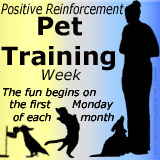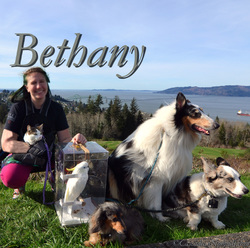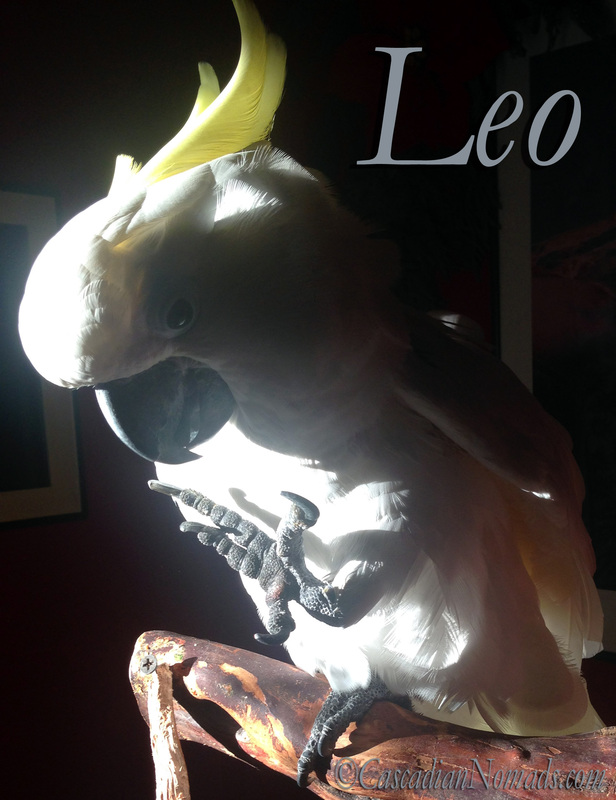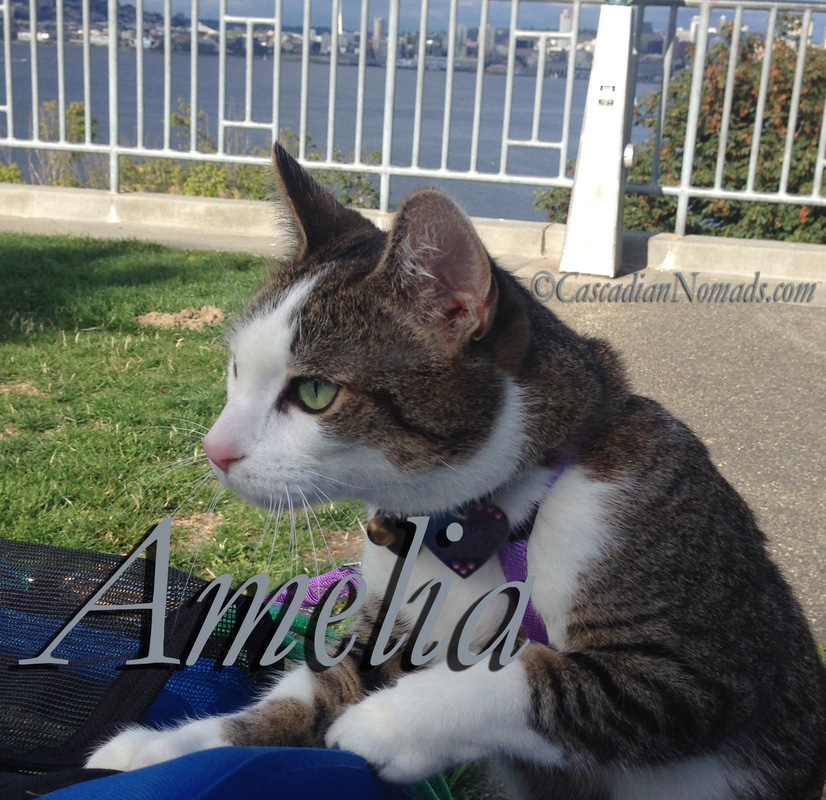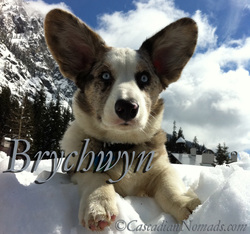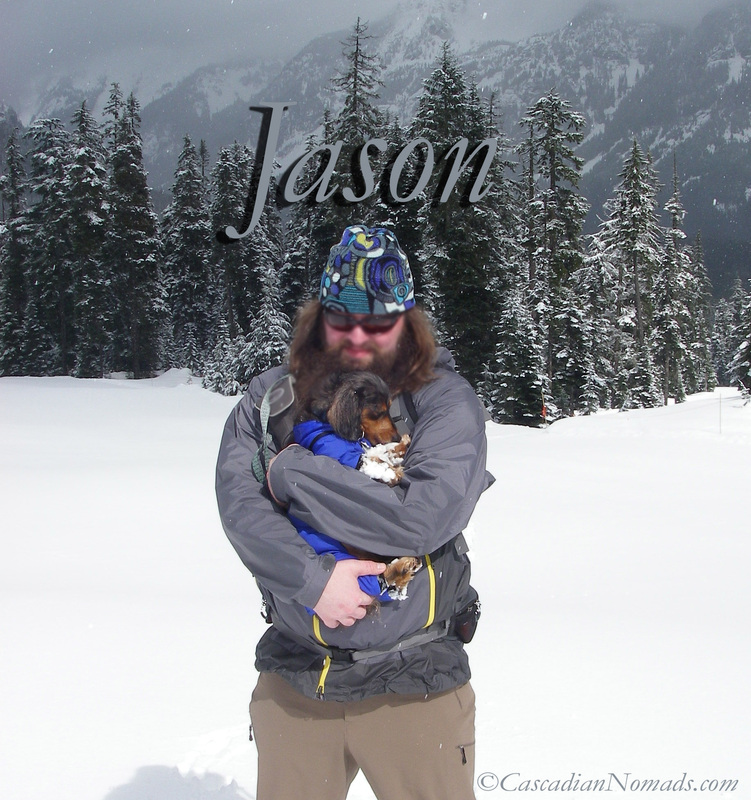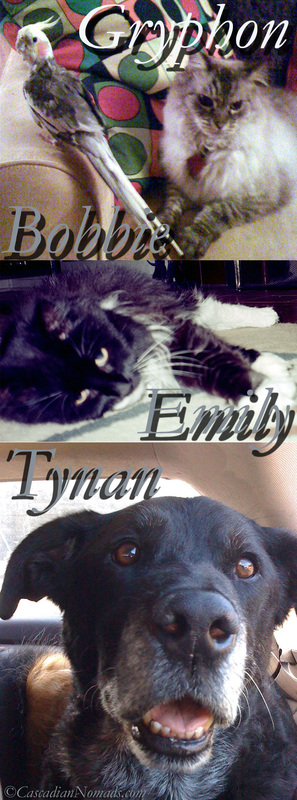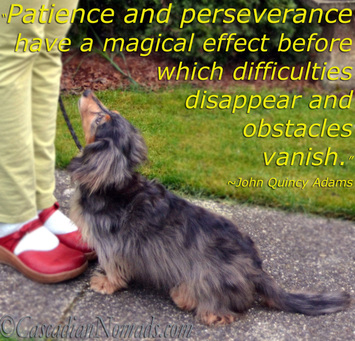
Patience equals consistency in it's absolute importance to effectively train pets using positive reinforcement methods. Both are also incredibly difficult traits for trainers to master. While trainers frequently confess that issues their pets have are from the trainers lack of consistency, very rarely do people pinpoint a pet training or behavior problem that is caused by the trainers lack of patience. In my experience, problems ranging from the ever too frequently uttered "my dog is just not that smart" to an extreme issue like leash reactivity all can be solved by a patient and understanding trainer. Lack of patience in training is also what causes people to resort to use negative reinforcement methods. I know. I am likely one of the least patient people in the world. I have seen many a quick fix training method and am not proud of the fact that my dogs will suffer a lifetime of the negative effects of such training. Everyday I do my best to make it up to them the best way I know how. That way is to be as knowledgeable as possible about now using only positive reinforcement training methods with them and to never, ever lose my patience with them. I do my best but, of course, I am not perfect. Yet in my positive reinforcement pet training journey, I have found that the more patient I am with my pets, the more accepting they are of my fallibleness as well. We make mistakes and share triumphs together, as a team, which is what training with any pet, a dog, cat, bird or other, should always be about.
The pets and I don't train every day. While I know that this is not the best training technique the reason is that there are certain days that I just don't have the patience to be a good training partner to my pets. There are a lot of techniques to gain emotional balance for patient positive reinforcement training sessions but sometimes even those calming methods aren't going to cut it. The training community always drives home the truth that each and every training session should be a positive experience for the dog, cat, parrot or other pet but the same must be acknowledged for the trainer. "Don't worry, be happy" is an often used training motto here, even if it means a day or two off from training sessions.
Any one who has ever taken a dog training class, watched a positive reinforcement pet training video or read anything about animal training knows that pets learn in baby steps. However, the trainers idea of what a baby step is may be vastly different that what the pet thinks slow learning should look like. Basically, there are no stupid animals, just impatient trainers. We all know whenever anything goes wrong in training it is the trainers problem and not the pets fault. Yet this is a very difficult theory to put into practice. Acceptance that it's okay for a pet to simply not want to learn something is challenging. An example of this would be that if a human is allergic to lilacs, should that human be expected to have an intimate knowledge of how to grow lilacs? Just like if a dog loves to jump, will it automatically excel at agility? Now the human allergic to lilacs could be a master gardener but just not have experience in growing lilacs. Similarly, the leaping dog could be too fearful for a loud, large agility ring but may love Rally or obedience with jumps. Paying attention to what the dog is willing to learn, the patience and focus each pet has for certain skills, goes a long way in improving the trainee and trainer patience.
| Patiently Track Training Progress In January, I mentioned my need for a pet training journal. Gaining patience in training is one of the many reasons a training journal has been recommended by so many amazing teachers I have worked with over the years. If a trainer can see incremental progress, even in teeny-tiny baby steps, then it is much easier not to fall into an impatient "we never get anywhere" trap. Also laid out in a training journal are methods, tricks, etc that just don't work or that the trainee just doesn't like. Life with a reactive corgi is what has best taught me that it is the little things, like the one non-reaction on an otherwise mad-dog-on-a-leash walk, that make a difference in each moment of training. In fact, isn't it the teeny tiny positive things that make a difference in each moment of life? All of the ups and downs in training time with the pets can be put into black and white in a journal and both trainer and trainee might learn they are more patient than they thought. |
Mastering patience in training takes, well, patience. I have attended several positive reinforcement training workshops that focused only on training games to help improve trainer patience. One workshop was about shutting up. That's right. The trainer had to just be quiet and let the dog work. And, wow, was it ever tough. It was probably one of the most laughter filled classes I have ever been in because none of the attendees could keep their mouths closed even for a few minutes. Yet in the end, when we shut up and truly focused on training the dogs, they learned incredibly fast and were very proud of themselves. It is this kind of respectful teamwork in training that is the goal of any patience building game. A favorite training game to get out of training ruts, gain respect for a pets intelligence and master trainer patience skills is "Teach Your Dogs Something New In Ten Minutes." This game forces baby steps, focus and patience. During the ten minute or less training game, the trainer must be quiet and focused since, even though trainers are always very eager to teach the cue word or signal, a dog, cat or other pet will not learn a cue in ten minutes. The best way to use this game is to aim to train a very small step towards a skill. Patience and improved positivity for both trainer and trainee comes from understanding that the small step in itself is teaching your pet something new.
Putting positive reinforcement pet trainers patience to the test
We challenge you to try the Teach-Your-Pet-Something-New-In-Ten-Minutes game and report the results during next months Positive Reinforcement Pet Training Week. Maybe you will try the game once and learn that you must move more slowly with your pet. Maybe you will discover that your pet learns more quickly than you thought when you are patient and focused. Maybe you will play the game everyday for a month and your pet will baby step it's way into an awesome new trick. Maybe you and your pet will simply learn to stay positive and patient.
| This is Positive Reinforcement Pet Training Week hosted by hosted by Cascadian Nomads, Tenacious Little Terrier and Rubicon Days which begins on the first Monday of every month and runs all week long. Please join us in discussing all things positive reinforcement training by linking a blog post below if you're a blogger or commenting here or on any social media channel if you're not. Next month, April 6th-12th, we will be sharing the results of the Teach-Your-Pet-Something-New-In-Ten-Minutes Challenge but any positive reinforcement training posts and comments are always welcome. |
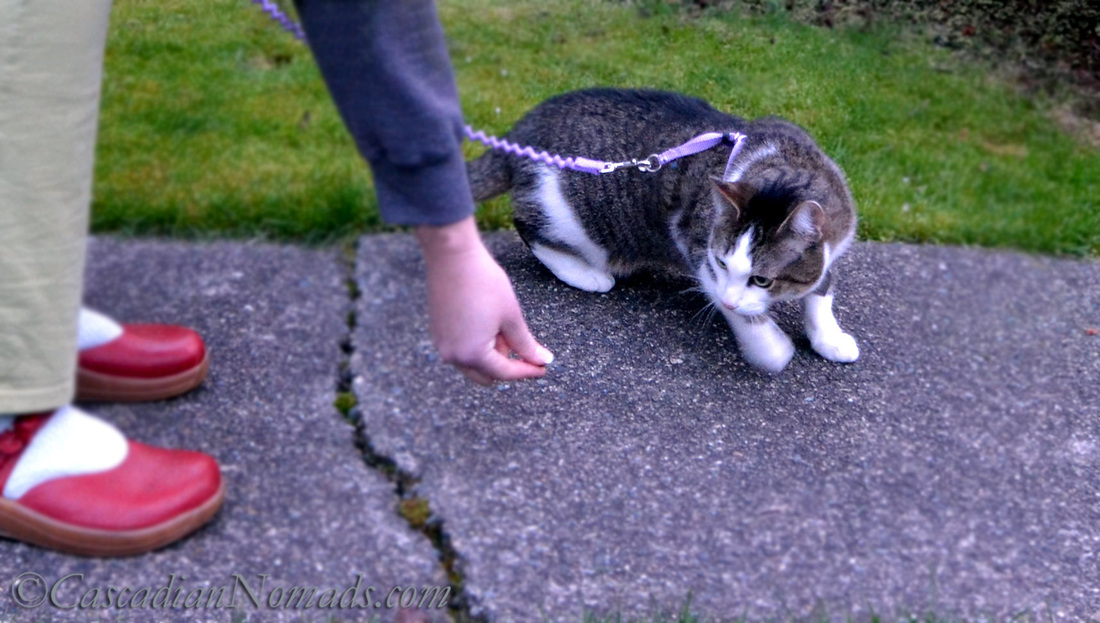
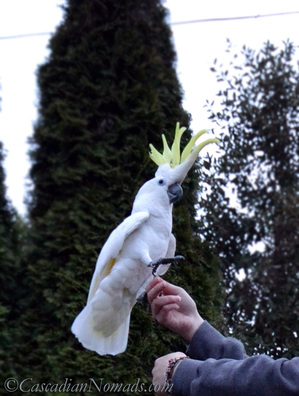
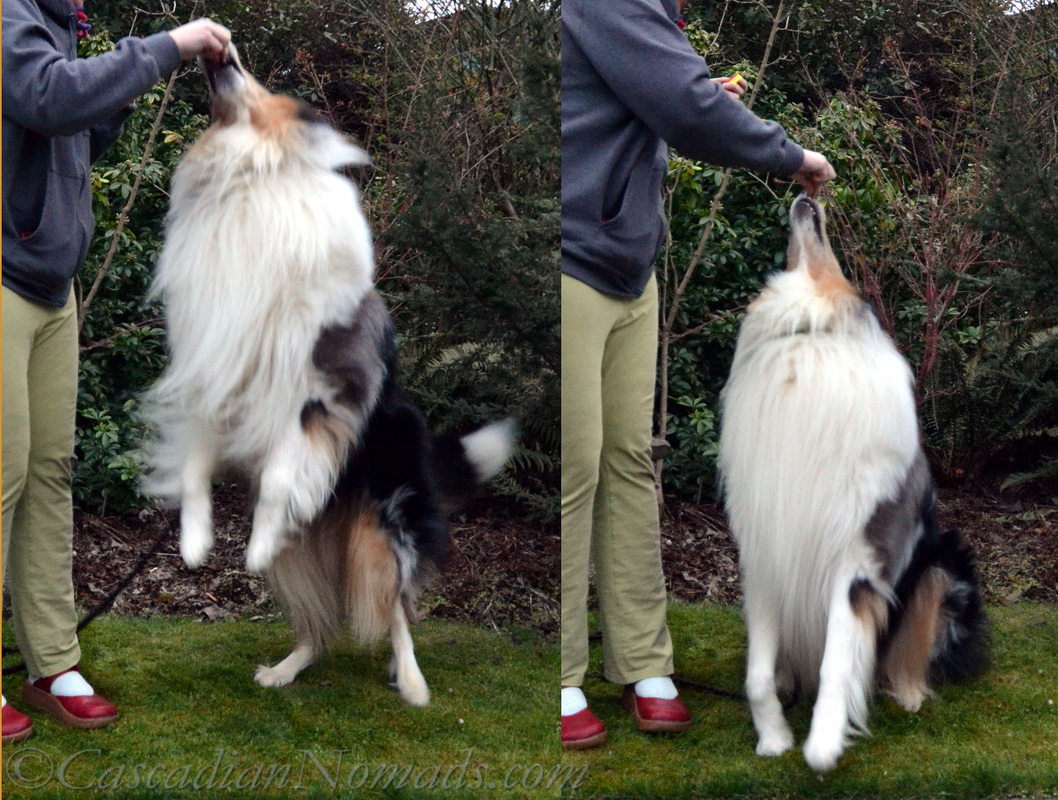
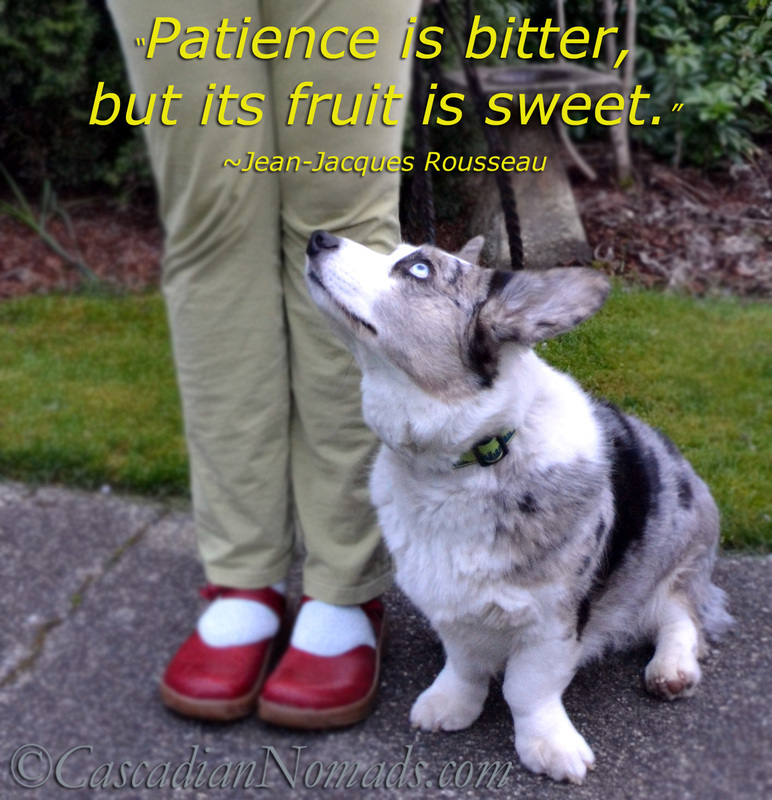
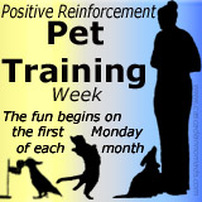
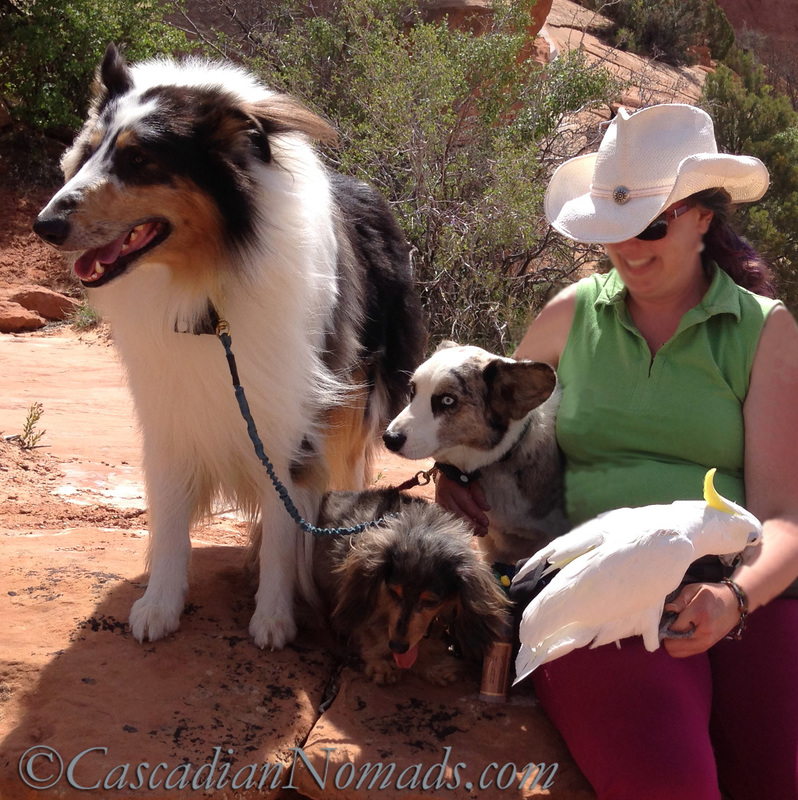
 Follow on Instagram
Follow on Instagram



